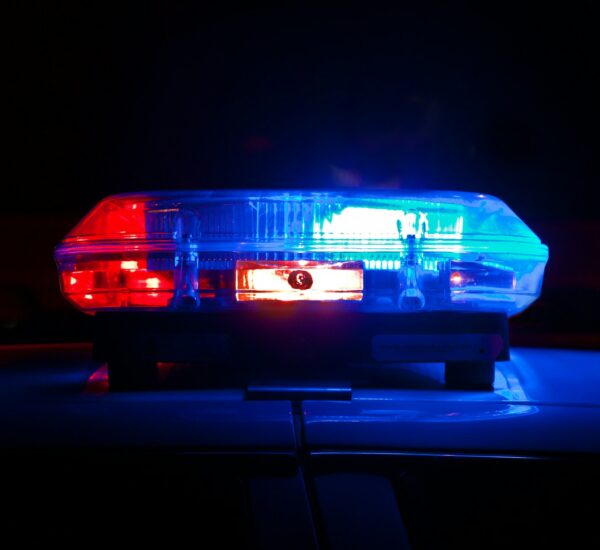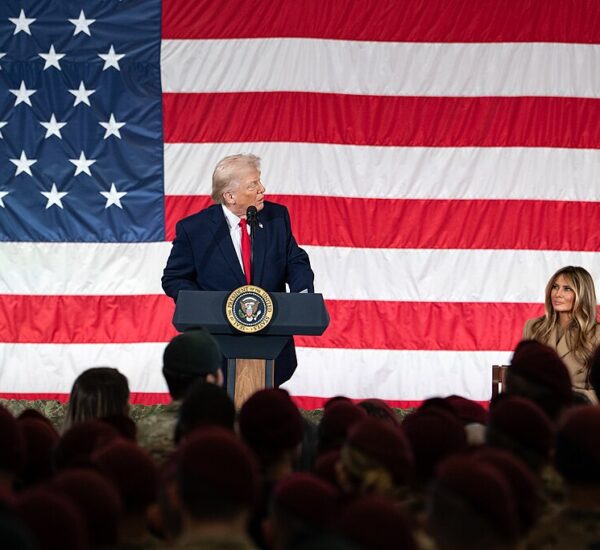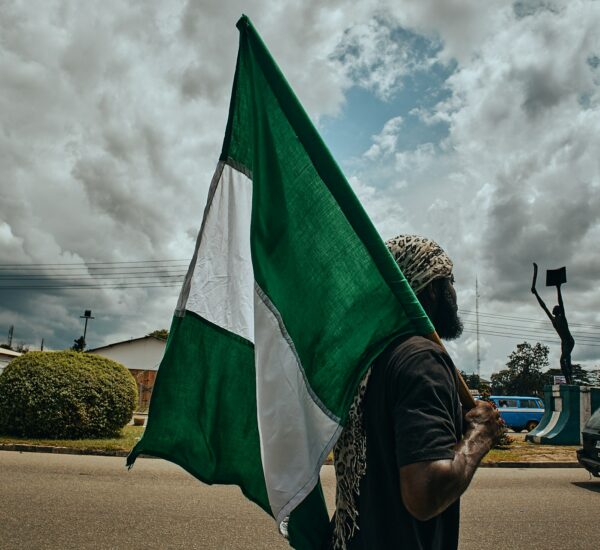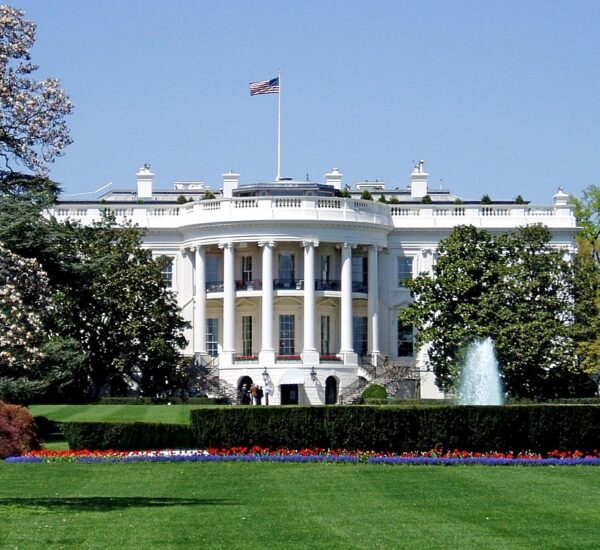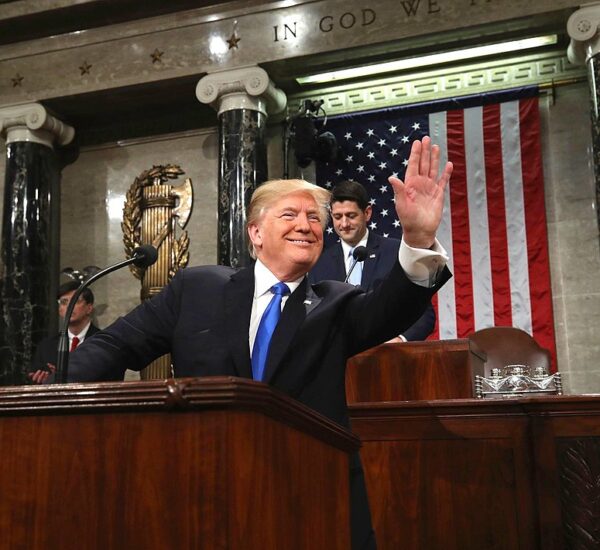State Passes New Election Law
DES MOINES, Iowa – In a bold step toward strengthening election security, Iowa Governor Kim Reynolds has signed a new voter integrity law that empowers poll workers to request citizenship verification from individuals at the ballot box. The legislation, known as House File 954, is designed to ensure only legal U.S. citizens are casting ballots—reinforcing growing demands from voters for greater transparency and accountability in the election process.
New Protections Against Illegal Voting
The new law requires voters who are questioned about their citizenship status to provide documentation proving their eligibility. If adequate proof is not immediately available, individuals may still vote using a provisional ballot, which will only be counted after their citizenship is confirmed through state or federal records.
Supporters say this safeguard is a common-sense measure to defend against illegal voting by noncitizens, a concern that has gained national attention in recent years.
Responding to Voter Fraud Concerns
The legislation follows increasing pressure from conservative leaders, including President Donald Trump and Vice President JD Vance, who have raised alarms about noncitizens potentially voting in U.S. elections. Their concerns were echoed in Iowa last year, when Secretary of State Paul Pate flagged over 2,000 questionable voter registrations just days before the 2024 general election.
Although only 35 noncitizen votes were officially identified among the 1.7 million cast, Republicans argue that even one illegal vote undermines the voice of lawful citizens and weakens the democratic process.
“Proud to stand with @IAGovernor Reynolds as she signed HF928 & HF954 into law, strengthening recounts and voter verification,” Secretary Pate posted on X (formerly Twitter). “Thanks to our county auditors and the Iowa Legislature for putting secure elections first.”
Streamlined Voter Verification
Under the new law, the Iowa Secretary of State will receive updated lists from the Iowa Department of Transportation (IDOT) showing individuals over the age of 17 who have self-identified as noncitizens. These records will be cross-checked against voter rolls to prevent ineligible registrations.
Voters whose citizenship cannot be verified in public databases will be marked as having an “unconfirmed” status, a designation that remains until eligibility is properly validated.
Civil Rights Groups Object — But Voters Want Confidence
Predictably, organizations like the ACLU of Iowa have opposed the measure, claiming it could lead to voter intimidation and racial profiling. However, conservative lawmakers and election officials emphasize that the law applies equally to all voters and is focused solely on protecting the integrity of the electoral process—not on targeting any group.
Critics often ignore the fact that IDOT data used in voter verification has been vetted through legal processes. Meanwhile, polls consistently show that a majority of Americans support voter ID laws and efforts to secure the ballot box.
Law Takes Effect July 1
House File 954 is set to take effect on July 1, ahead of the 2026 midterm elections. Iowa joins a growing list of states taking action to ensure that voting in America remains a right reserved for citizens—and only citizens.


